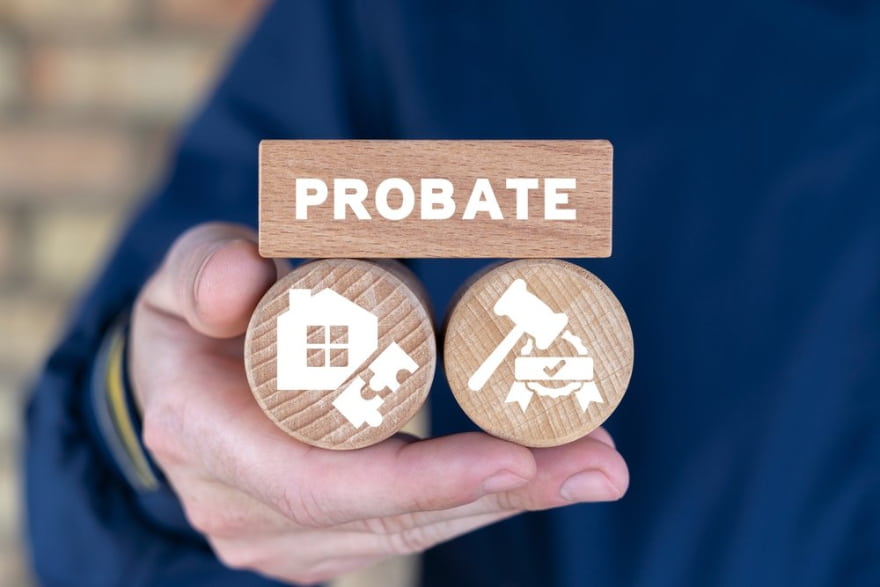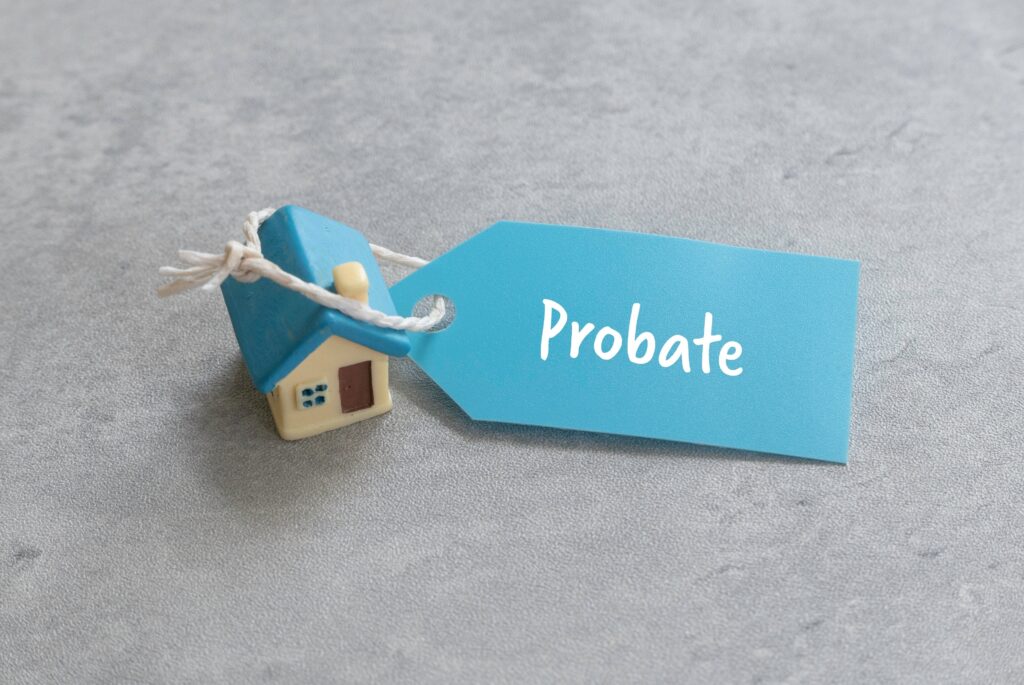If you’ve recently lost a loved one and you’re wondering where to file probate in Webb County Texas, you’re not alone. This legal process often feels overwhelming at first—especially during a time of grief. Fortunately, understanding how and where to begin can make the journey smoother and more manageable. This guide breaks down everything you need to know, from locating the right courthouse to organizing the documents you’ll need to bring with you when filing.
Probate is more than just paperwork; it’s about preserving a person’s legacy and ensuring their final wishes are honored. Whether you’re an executor, administrator, or just helping out a family member, this article will help you confidently navigate the probate filing process in Webb County with clarity and purpose.

Why Probate Filing Location Matters in Webb County
Before we dive into what to bring, let’s tackle a common but critical question: where to file probate in Webb County Texas. The reason this is important goes beyond convenience. If you file in the wrong court or submit incomplete documents, the judge may reject your application, causing delays and additional legal expenses.
In Webb County, the court responsible for handling probate matters is the Webb CountyProbate Court, located within the Webb County Courthouse in Laredo. Probate cases are handled under the jurisdiction of the County Court at Law II, which is designated to hear estate matters.
Real-Life Scenario: Maria’s Case of Filing in the Wrong Court
Maria, a Laredo resident, attempted to file probate documents at the Justice of the Peace court, assuming it had authority over all estate-related matters. Her filings were rejected. Not only did she waste time, but the delay caused additional stress when beneficiaries began disputing distribution timelines. Once she filed in the correct court—the Webb County Court at Law II—the process moved forward properly.
Knowing where to file probate in Webb County Texas from the beginning can help avoid these kinds of setbacks.
What to Bring When Filing Probate in Webb County
Understanding where to file probate in Webb County Texas is only the first step. Equally important is knowing exactly what to bring with you to the courthouse. Here’s a list of the most commonly required documents and items:
1. The Original Will (If One Exists)
Bring the original, signed last will and testament of the deceased. Texas probate law requires the original document for validation. If the original will has been lost or destroyed, a legal process called “probating a copy of a will” must be initiated, which is more complex and requires additional evidence.
2. Certified Death Certificate
This document proves that the individual has passed and triggers the legal authority for probate proceedings to begin. You can obtain this from the Texas Department of State Health Services or the local vital records office.
3. Completed Application for Probate
You must fill out an Application to Probate a Will or an Application for Letters of Administration (if there’s no will). This formal request asks the court to open a probate case and appoint an executor or administrator.
4. Filing Fee
In Webb County, probate filing fees typically range between $300 and $400, depending on the type of probate and number of notices that must be issued. These fees must be paid in full at the time of filing, so bring a credit card, cashier’s check, or money order.
5. Identification
As the applicant, you’ll need to show government-issued photo ID. This is a basic security measure and is necessary to verify your identity before the court recognizes your legal authority in the estate process.

The Role of the County Clerk in Probate
Once you understand where to file probate in Webb County Texas, it’s equally vital to know what role the County Clerk plays. The Clerk isn’t just there to stamp papers—they’re the official record-keepers of the probate system.
The Clerk’s office:
- Files and timestamps your documents
- Assigns a cause number to the probate case
- Notifies the judge for hearing scheduling
- Records Letters Testamentary or Letters of Administration
- Maintains a public probate case file
While the Clerk’s office cannot give legal advice, they serve as the gatekeepers of the local probate system. Building a courteous relationship with them can help streamline your filing experience.
What Happens After You File?
Filing your application doesn’t immediately finalize anything. After filing probate in Webb County, your case will follow a multi-step legal process:
1. Setting a Probate Hearing
Once your application is filed, the court will set a hearing date, usually within 2–4 weeks. During this hearing, the judge will review the documents, hear testimony (often from the applicant), and decide whether to admit the will to probate or appoint an administrator.
2. Posting Notice
Texas law requires notice of the probate filing to be posted publicly at the courthouse for at least ten days before your hearing. This gives interested parties a chance to contest the will or appointment.
3. The Court Hearing
At the hearing, you (or your attorney) will present the original will and evidence to show that the decedent passed, that the will is valid, and that you’re eligible to serve as executor. If the judge approves, you’ll receive Letters Testamentary (for will-based cases) or Letters of Administration (for intestate cases), which officially authorize you to handle the estate.
4. Administering the Estate
Once appointed, your real work begins: collecting assets, paying debts, filing taxes, and distributing remaining property to the rightful heirs or beneficiaries. You’ll also need to file various reports and notices with the court throughout this process.
Common Mistakes to Avoid When Filing Probate in Webb County Texas
Knowing where to file probate in Webb County Texas is half the battle. The other half? Avoiding common errors that delay or derail the process.
Submitting Incomplete Forms
Probate forms must be filled out completely and accurately. Even a missing middle initial or incorrect date can trigger delays or a rejection. Double-check everything before submitting.
Filing in the Wrong Court
As mentioned earlier, filing at the wrong courthouse or department won’t just slow you down—it can reset the clock entirely, wasting weeks or months of effort.
Failing to Provide the Original Will
A copy is not enough. Unless you’re prepared to prove the original was lost or destroyed with sufficient evidence, your case won’t move forward.
Overlooking Required Fees
Don’t forget your filing fee. If you show up unprepared to pay, the Clerk will not file your case.
Ignoring the Notice Requirement
Texas law requires proper notice to be posted at the courthouse. If you skip this step, your hearing may be delayed or rescheduled.

Do You Need an Attorney to File Probate in Webb County?
Technically, Texas law allows certain simple probate cases—like Muniment of Title—to proceed without a lawyer. However, if the estate is contested, involves multiple heirs, out-of-state assets, or missing documents, hiring a probate attorney is a smart move.
Real-Life Example: When a DIY Probate Went Wrong
Carlos tried to handle his father’s estate without an attorney. He misunderstood what property had to go through probate and missed a required inventory deadline. The court dismissed his case, forcing him to refile and hire legal help anyway. Had he spoken to a probate lawyer from the beginning, he could’ve saved time and money.
When it comes to understanding where to file probate in Webb County Texas and how to get it right the first time, legal advice can often be worth the investment.
How Long Does Probate Take in Webb County?
Most uncontested probate cases take anywhere from four to six months to complete in Webb County. However, complex estates, missing documents, or family disputes can stretch the timeline to a year or more. If you keep your filings accurate, communicate clearly with the Clerk’s office, and meet all deadlines, you’ll likely move through the process faster.
What If There’s No Will?
If there’s no will, you’ll file an Application for Letters of Administration instead. The process is slightly more complicated because the court must verify that no will exists and determine who qualifies to manage the estate. Texas law dictates a priority order of appointment in intestate cases, often beginning with the surviving spouse or adult children.
Documents You’ll Need for Intestate Probate:
- Certified death certificate
- Application for administration
- Identification and payment of court fees
- Proof of heirship (affidavits from disinterested witnesses)

This type of probate generally involves more court oversight and can lead to family disagreements over who gets what. Filing accurately at the right court helps prevent these issues from spiraling.
Final Thoughts: Get It Right the First Time
If you’re wondering where to file probate in Webb County Texas, now you have a roadmap. The process might seem overwhelming at first glance, but knowing where to go, what to bring, and how to avoid common pitfalls can save you time, money, and stress. Probate isn’t just about managing assets—it’s about honoring someone’s legacy with integrity and care.
Whether you’re filing a will-based probate or handling an intestate estate, your best move is to start with accurate information and a visit to the Webb County Clerk’s Office. From there, every step gets easier when you stay informed and proactive.
Still unsure? Reach out to a local probate attorney in Laredo who regularly handles estate filings in Webb County. That one phone call could save you weeks of uncertainty—and ensure your loved one’s affairs are handled the right way.








